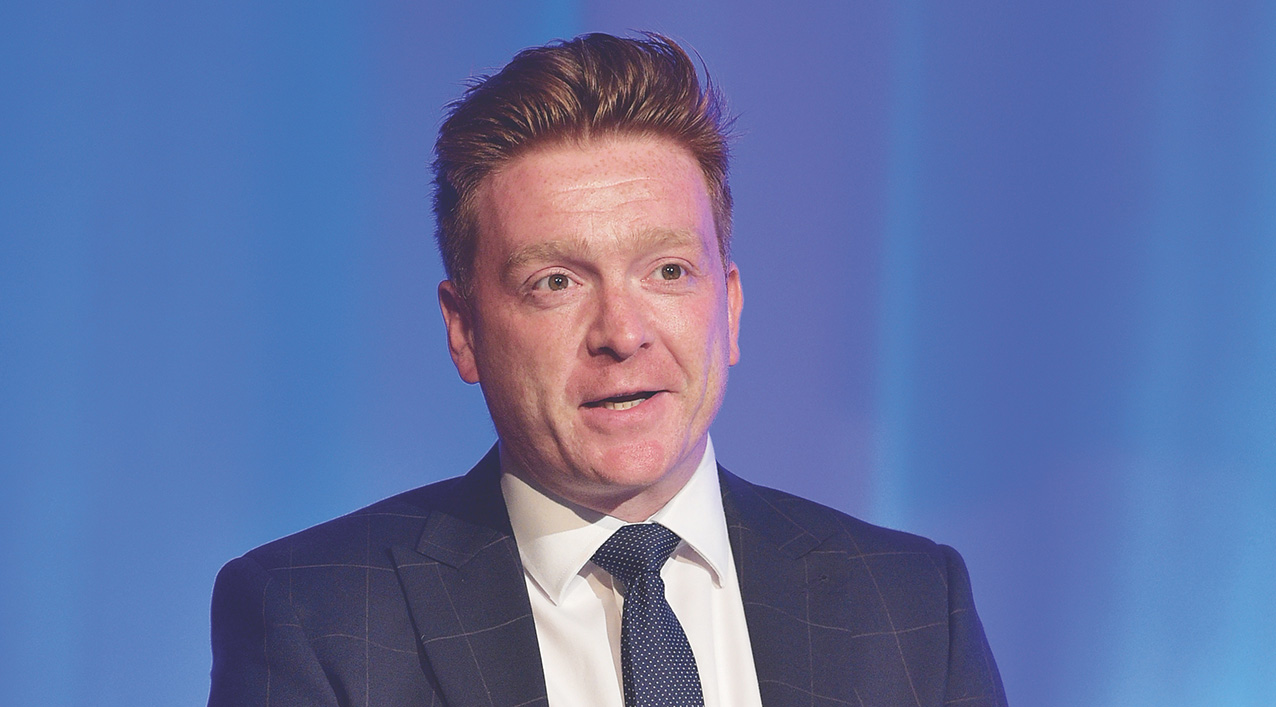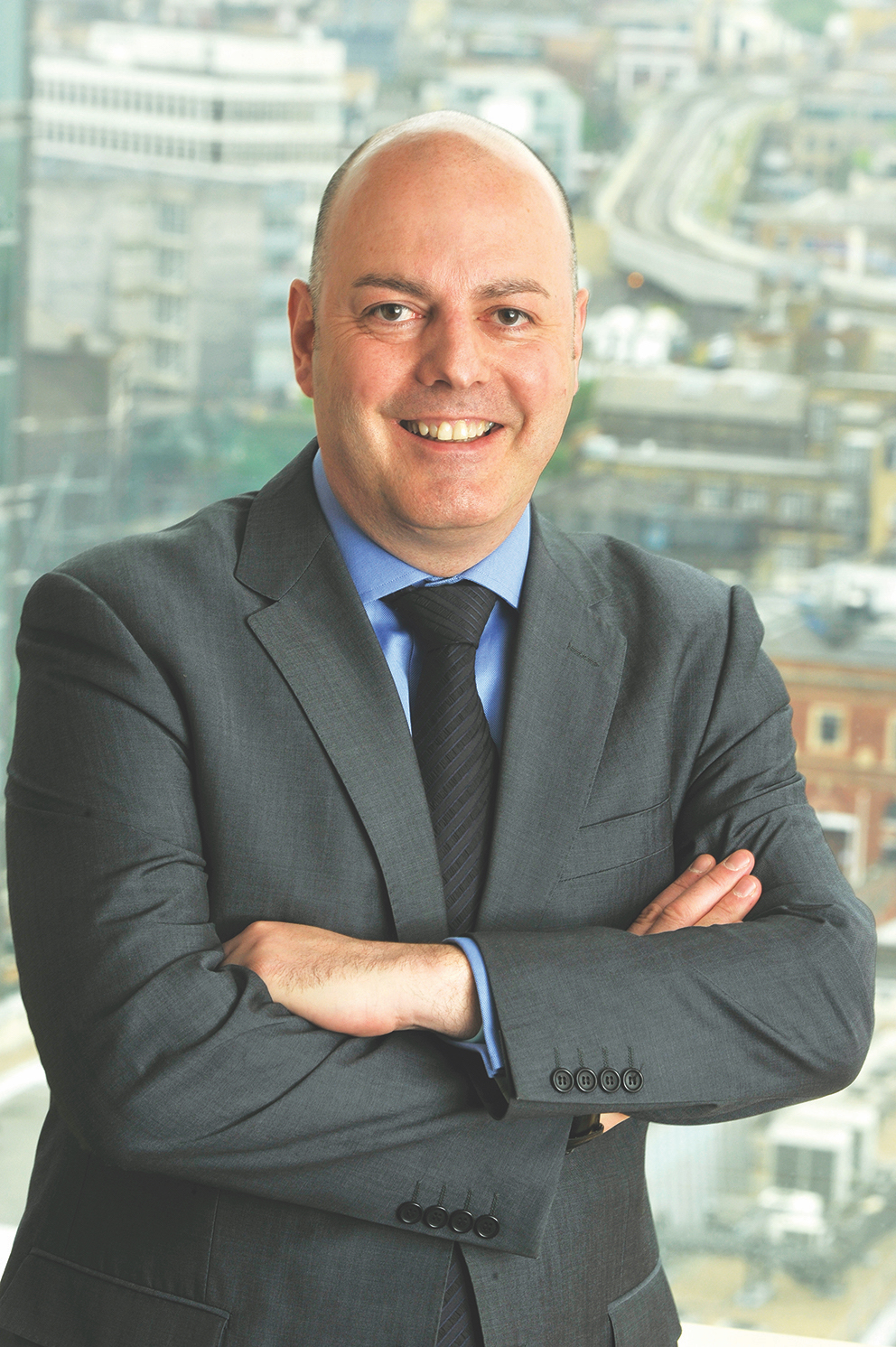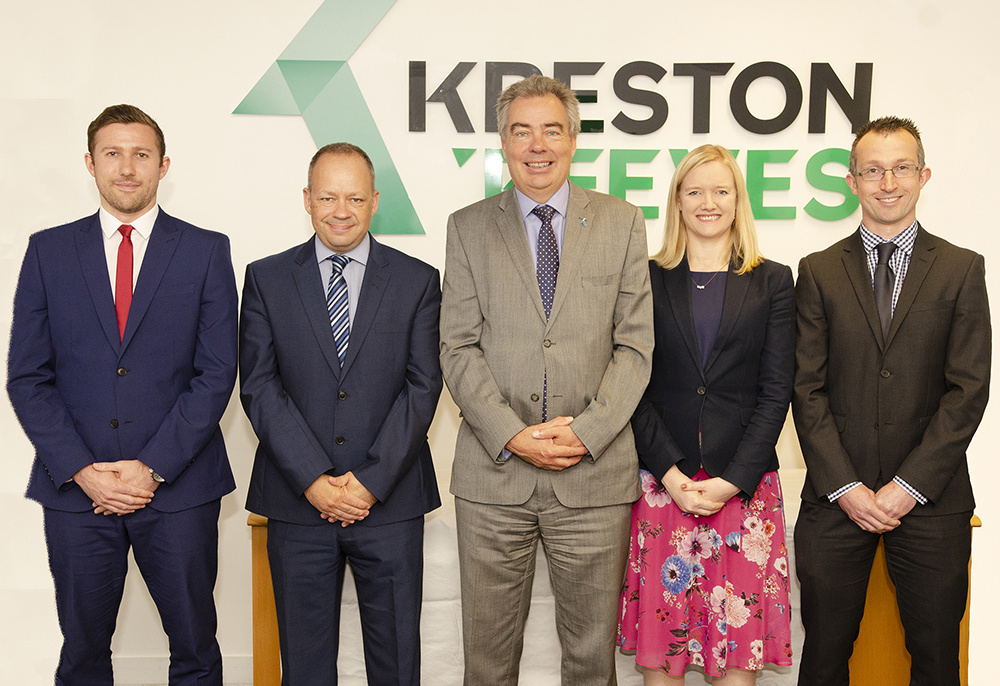
Brighton is one of the cities to benefit from the successful and popular Entrepreneurial Spark powered by NatWest. Now the programme has revamped and absorbed into the RBS Group, and rebranded as the NatWest Entrepreneur Accelerator. Ian Trevett spoke to NatWest’s Head of Entrepreneurship Gordon Merrylees and its Head of Entrepreneur Development Darren Pirie to find out more about the new look programme.
Entrepreneurial Spark was an undoubted success story. Why the change?
Darren Pirie (DP): You’re right. It was very successful. Every year, we have a meeting with Entrepreneurial Spark (ES) to review how things are working and it has been working very well. But it had reached a stage where we wanted different things. The direction they were looking to take ES was to expand their market and have more of a global reach. From our point of view we wanted to concentrate more on our UK operations.
We came to the mutual decision that we had come as far as we could together and it was time to go our own directions. Both parties have benefited from the partnership and we have learnt a great deal from ES. We decided we could benefit from importing some of the skills and experience from the existing ES teams into our own operation. So over the last month or so we have brought some of the ES staff members into our entrepreneurship teams, which have now doubled in size.
We now have the confidence and reputation in this space to rebrand the scheme under NatWest. We can now really get behind this with promotional campaigns and use this to demonstrate how we can help small businesses.
We are expanding into new regions and we already have plans to grow the project by over 35% in 2018. We are very excited by the opportunities and we are looking forward to reinvigorating our offering to businesses.
So have you bought Entrepreneurial Spark?
DP: No, we have simply gone different ways. We negotiated with them about how we would manage the break and part of the arrangement was that we took on 30 of the specialist coaches who were working day-to-day with the entrepreneurs. We may well work again with them again in the future. It was all very amicable and both parties are very happy. It was simply a case that both parties had different plans and aspirations.
Has Entrepreneurial Spark helped the bank understand small businesses better?
Gordon Merrylees (GM): There has also been a big benefit for the bank itself in terms of how much our existing staff have learnt. We are developing our own people and building a capability for the digital age. We have learnt from the entrepreneurs and our staff now have a better understanding of small businesses. This gives us an edge in the market. And owning the programme makes it even easier.
We are very proud that since October 2015, over 7,000 of our staff have volunteered to get involved in our Entrepreneurial Development Academy. In the last few months this has been accredited by the Institute of Entrepreneurship & Enterprise, which gives staff a credit towards an MBA or a Post-Graduate qualification. There have also been advances in the culture of the business.
Is the bank working with any of the entrepreneurs that have been through the hubs?
GM: Last year 62 business ideas were identified through the ES hubs that we could use within the bank itself and we are now piloting four of them, so the ES hubs have actually helped with our own efficiencies and innovation. We had some artificial intelligence innovations and one that helps with the safety of female who are travelling on business. It is a great strike rate.
You are in great position to see how the economy is faring. Are we becoming a nation of small and micro businesses?
GM: If you read a lot of monitors, there are actually less people looking to go out and start businesses, but this hasn’t been evident at the hubs. We generate large numbers of applicants and the people that we work with in the Entrepreneur Accelerators are very adaptable and driven. In an uncertain environment, entrepreneurs just get on with it and are very comfortable about being uncomfortable.
There is a slow down in start-ups but we don’t feel this in the hubs as we always have good applicants. We have helped nearly 4,000 businesses over the past three years. Now that we are bringing this in-house we can fully utilise our supply chain and our customer base, and help the businesses scale. It has also allowed us to increase our reach and we plan to support over 5,000 entrepreneurs in 2018 alone.
DP: The number of entrepreneurs we work with only scratches the surface of the businesses out there but it does allow us to be selective. We can determine if the entrepreneurs have the right mind-set for the programme as it is an accelerator, so they have to open to change and ready for a challenge. We only want ambitious entrepreneurs.
We don’t usually look for brand new start-ups, it is more a case of accelerating the growth of small businesses that are ready to expand. We will be looking at digitising some of the process. For instance we recently developed an app which helps you perfect your pitch. It’s a fantastic little tool which segments and edits your pitch. We will be driving this as an example of how we can help our customers with business development tools.
There is a growing focus on co-working space and incubator hubs, and there are many grants available in this sector. If you are scaling your business there is a lot of help available. If you are a start-up, there are lots of schemes out there to help you. But if you are in that middle ground there is a gap. If you are established, but you have not started to scale, this is where we can come in with a money-can’t-buy experience.
We have experience and tentacles in all areas, whether it is education, funding or our extended customer base. For instance, we have connections with major retailers so we may be able to help get an entrepreneur’s new product on the shelves.
If I visit a hub in a few months will I notice any differences?
DP: Well it will certainly look different as it will be branded as NatWest. Before we had four programmes running side-by-side. This will change to one Acceleration Programme and one Pre-Acceleration Programme.
The Acceleration Programme is a six to 18 month programme for entrepreneurs with high growth businesses looking to scale up. Entrepreneurs receive free office space, free WiFi, free business advice and mentoring, bespoke coaching, and access to the bank’s networks and supply chains.
The Pre-Acceleration Programme is an intensive 12-week programme for up to 50 early stage start ups. The pre-acceleration programme is run simultaneously in each of NatWest’s hub cities. Resident entrepreneurs benefit from an introductory immersion day, online learning materials, webinars, digital ‘nutshells’ and a concluding celebratory awards event.
The key elements to both will be creating a hot-house environment with all of the infrastructure in place to remove barriers and promote peer-to-peer support.
Then there is the coaching element through our Acceleration Managers, who will do the one-to-one mentoring and coaching.
Then there are the various networks we have in the regions and within the bank.
These programmes are phenomenal gifts to businesses and offer powerful opportunities of development and growth.







